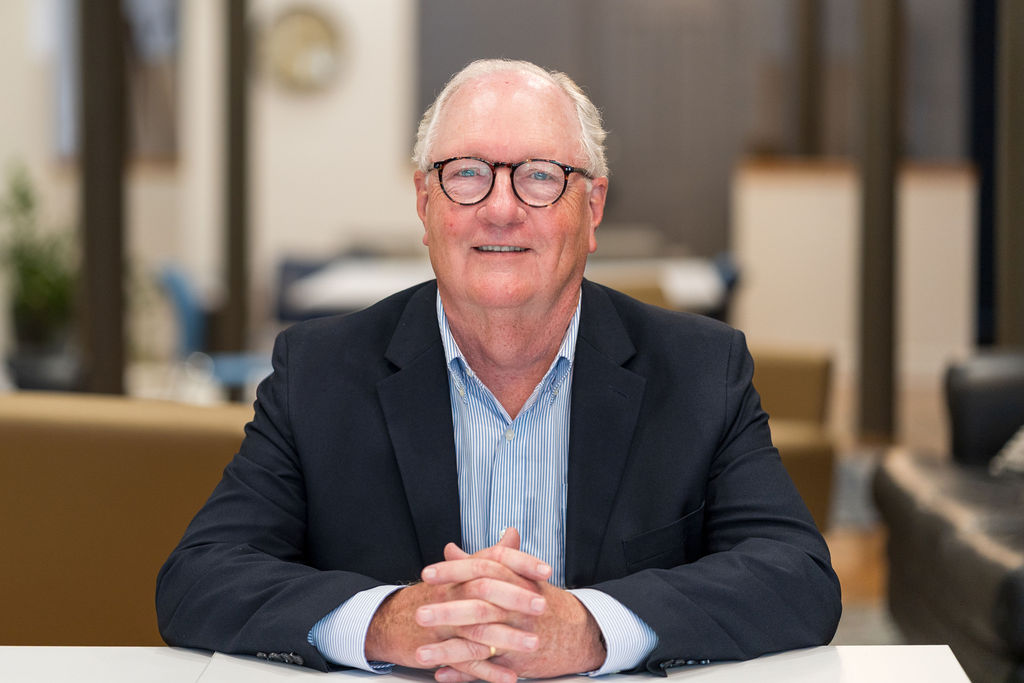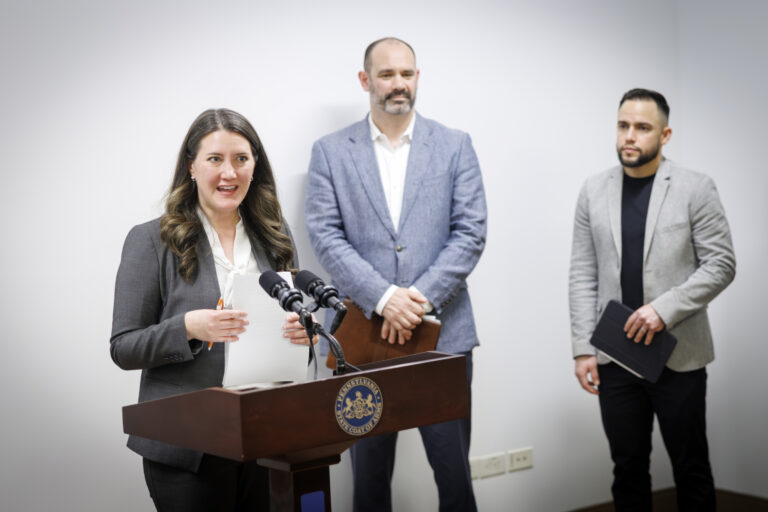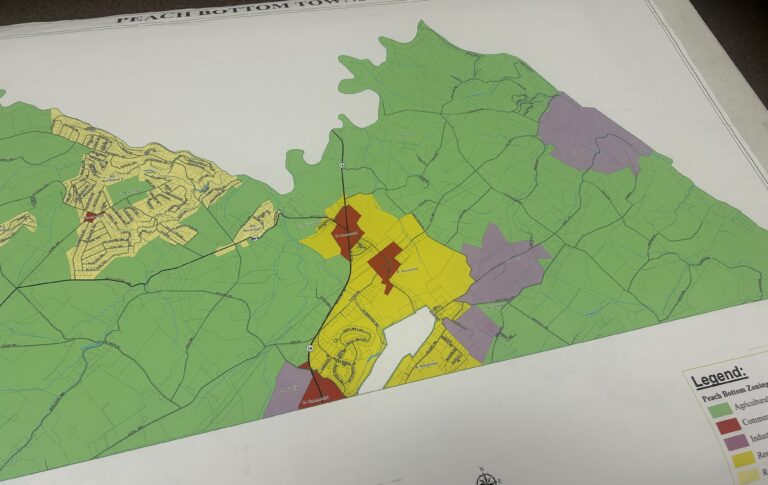Column by Richard Randall
Strategic plans, whether formal documents or ideas in your head, rely on assumptions about political and economic environments, as well as the ecosystem of customers and suppliers in which your organization operates. Today’s environment is far removed from what anyone would have predicted in 2024, and unless you have a crystal ball, it’s nearly impossible to make realistic assumptions about the next few years. Leaders must shift to a highly nimble and adaptive mode of planning.
Traditionally, organizations develop three-year plans and refresh them annually, tweaking assumptions, goals and strategic initiatives along the way. This approach collapses in today’s volatile environment. I can’t recall a time when political and business conditions were more unstable. The Trump administration is reversing tax incentives, disrupting labor markets, waging trade wars through tariffs and withholding already appropriated federal funds.

In this environment, there are key leadership behaviors that can help organizations survive and even thrive.
First, leaders must set a tone of calmness, optimism and determination in the face of rapid change and potential threats, while also insisting that everyone on the team confronts the brutal facts. Jim Collins described this mindset in his seminal book “Good to Great” and illustrated it with what he called the Stockdale Paradox. Collins interviewed Admiral James Stockdale, who was held captive and tortured for seven years during the Vietnam War, to learn how he survived in a brutal environment he could not control. The Stockdale Paradox states, “You must maintain unwavering faith that you will prevail in the end, regardless of the difficulties. At the same time, you must confront the brutal facts of your current reality, whatever they might be.” That kind of mindset is more important now than ever.
Bad news can arrive frequently in an unstable environment. Staying calm, optimistic and determined when it does is what great leaders do. You must be open to hearing bad news; otherwise, people will stop telling you the truth, which is potentially fatal in times of rapid, significant change.
Second, leaders must communicate transparently and often. I’ve always believed leaders can’t over-communicate, and in times like these, it is essential. People become mentally paralyzed when they’re anxious and feel out of control. They cannot do their best work if they’re in the dark.
When strategies and tactics are evolving rapidly, communication at all levels is critical to keeping everyone informed and aligned. Everyone must understand the organization’s objectives and strategy, and their role in achieving them.
Third, though it may be tempting to centralize control in turbulent times, now is the time to delegate and push decision-making closer to the front lines. Innovation and experimentation are essential. If every decision runs through top management, your organization will lose agility and stifle innovation.
Consider the Ukrainian army, which continues to survive despite being outnumbered and outgunned by Russia. They empower commanders in the field to make quick tactical decisions in response to rapidly changing conditions. In contrast, Russia’s centralized leadership model results in slow reactions on the ground. Ukraine’s unit-level innovations, especially the use of inexpensive drones, are forcing militaries worldwide to rethink doctrines and weapons programs.
You can help your organization remain nimble and adaptive, but it starts with self-examination. Are you setting the right tone? Communicating transparently and often? Encouraging decision-making and innovation close to where the action is? If not, can you change? Your organization’s survival may depend on it.
Richard Randall is founder and president of management consulting firm New Level Advisors in Springettsbury Township, York County. Email him at [email protected].
Executives Insights is a new feature from biznewsPA. It provides local business executives and leaders a platform for sharing advice and perspective with the business community of Central Pennsylvania. If you are interested in contributing an executive insight, email [email protected].









